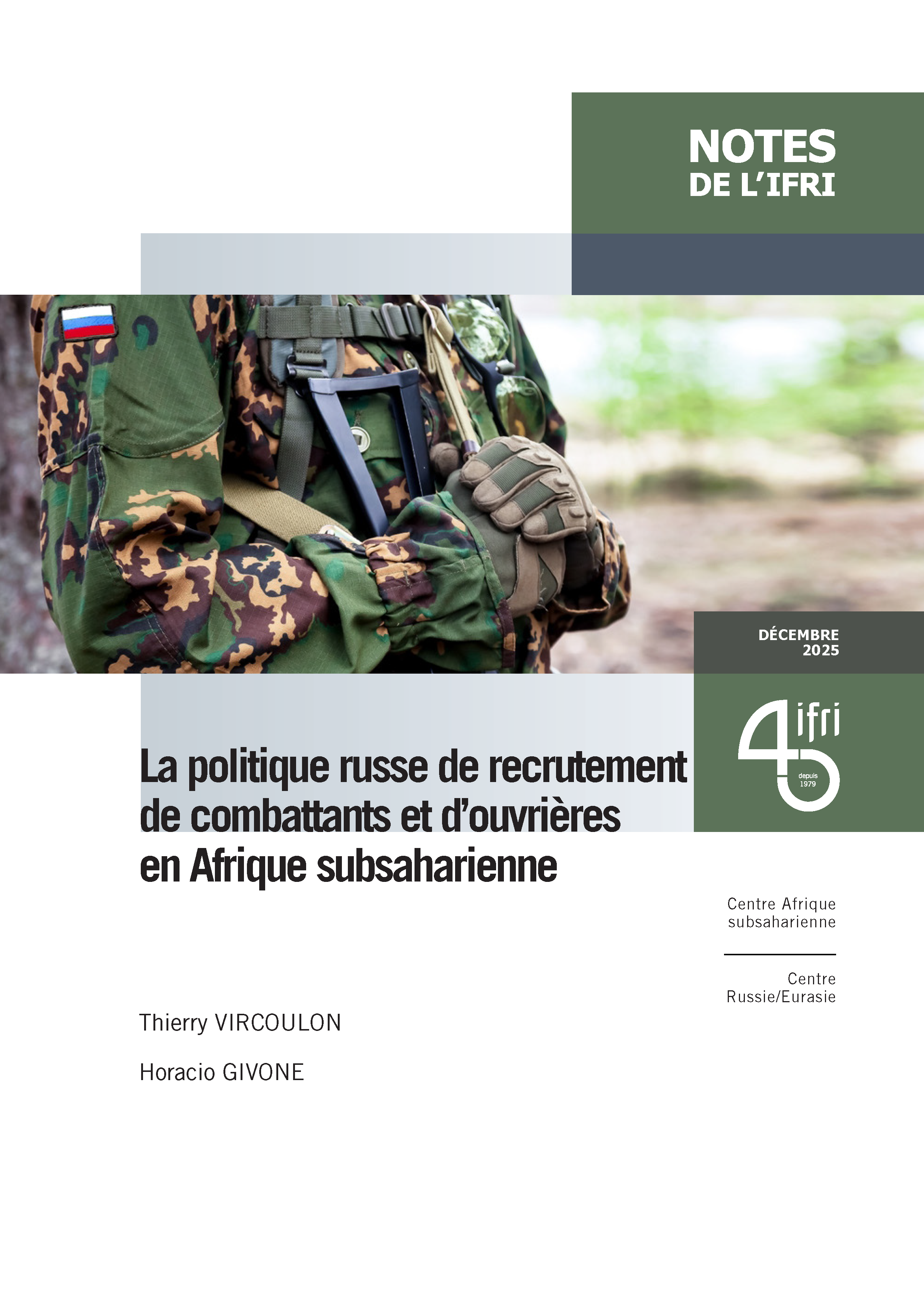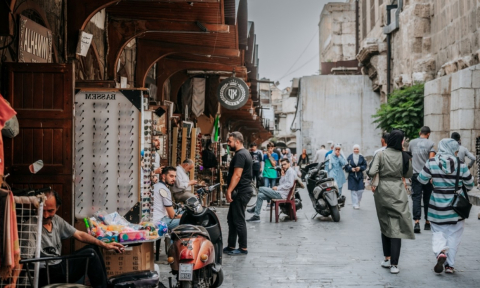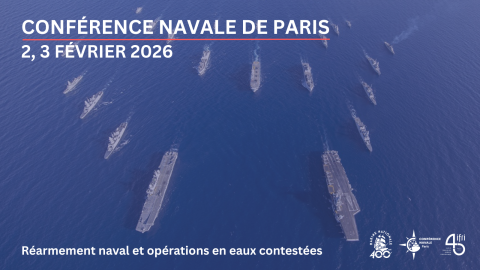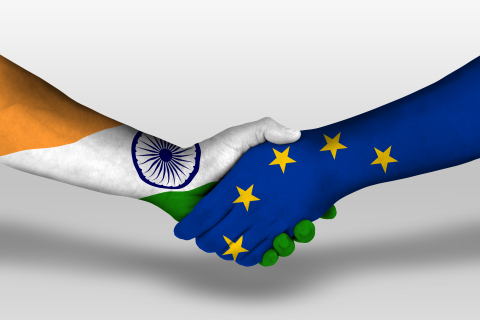What kind of future for the European neighbourhood policy (ENP)? The view from the EU and the neighbouring countries
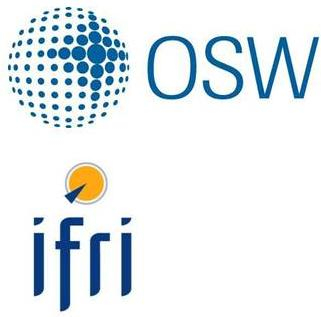
Informations pratiques
Thématiques et régions
Centres et programmes liés
Ceci est un événement réservé.
En savoir plus sur nos programmes de soutien
The ENP review launched in July 2010 is almost complete. This work was accomplished in a very difficult time, with the launch of the EEAS and the crises in the neighbourhood (the revolution in Tunisia, Egypt and the civil war in Libya, the clampdowns in Belarus) to which the EU is not always prepared to respond in an appropriate way.
Undoubtedly, the above processes and events trigger extensive reflections over the ENP: What has been achieved under this policy so far? What are the chances for the implementation of its main goals in the future? What should the EU"s relations with its neighbours be like over the next 10-15 years?
What role could the EEAS play in the neighbourhood policy? With this conference, we will try to answer these questions both from the perspective of the EU and of the partner states.
Sessions :
- I. Stabilisation or Democratisation - What are the EU's interests in the Neighbourhood?
- II. Migration: challenge and opportunities - How to build a smart migration framework?
- III. Reaching beyond cooperation: Is there a chance for economic integration?
- IV. What kind of future for the ENP?
In partnership with :
Sujets liés
Autres événements

Conférence navale de Paris 2026 : Réarmement naval et opérations en eaux contestées
Cette quatrième édition de la Conférence navale de Paris (CNP), en réunissant des intervenants militaires, industriels et académiques de haut niveau, abordera les défis liés au réarmement naval général et aux opérations navales dans des environnements de plus en plus contestés.
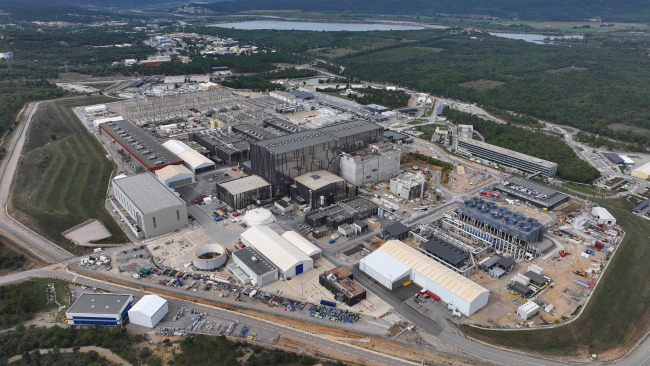
La fusion nucléaire sera-t-elle plus rapide et moins onéreuse que prévu ?
ITER a longtemps incarné la fusion en tant qu'objectif de coopération internationale à long terme en matière de R&D cherchant un nouveau moyen de produire une électricité sûre, abondante et bas carbone. Cependant, au cours des dernières années, des start-ups spécialisées dans la fusion, plusieurs gouvernements et investisseurs ont décidé de promouvoir la R&D dans le domaine de la fusion afin de compléter ITER. Des efforts importants sont actuellement déployés, notamment aux États-Unis, en Chine, en Allemagne et en Italie.

Quel avenir pour le partenariat Inde-UE après le sommet ?
Dans un contexte international bouleversé, le sommet UE–Inde du 27 janvier à New Delhi pourrait constituer une étape de rapprochement déterminante, avec l’annonce de nouveaux accords et d’un agenda stratégique commun ambitieux.



